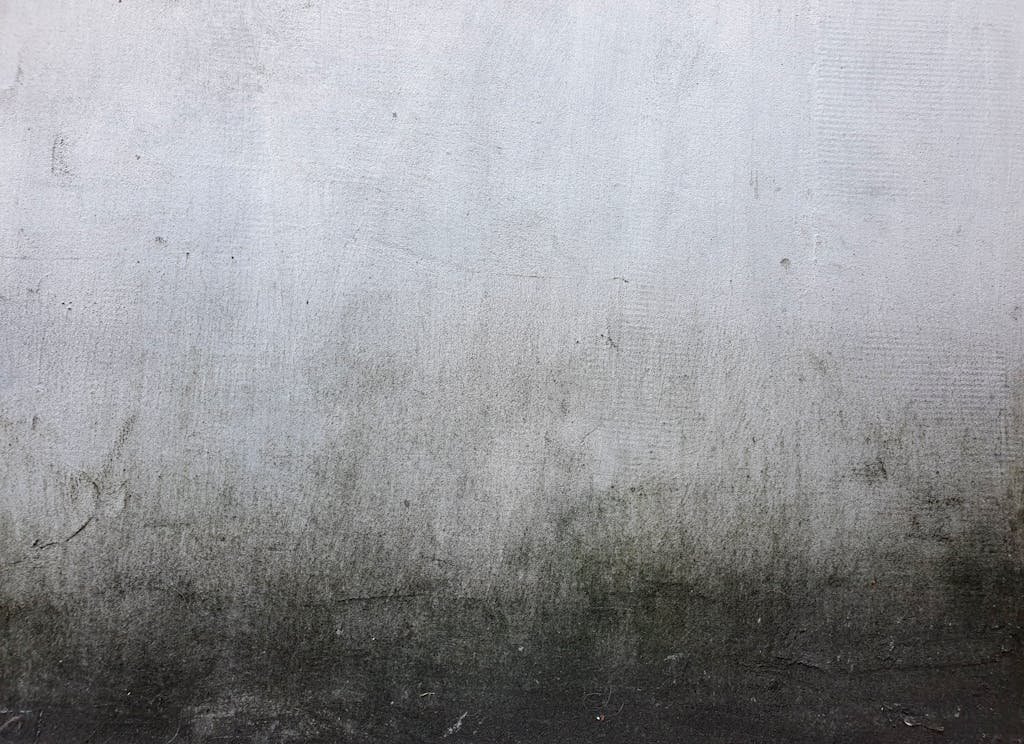What Is The Best Cleaner For Gravestones?
When it comes to preserving a loved one’s final resting place, using the right cleaning product is crucial. Gravestones are made of porous materials like marble, granite, and sandstone, and the wrong cleaner can permanently stain, crack, or erode the surface. In this guide, we’ll walk through what makes a good gravestone cleaner, which products are recommended by preservation professionals, and what you should absolutely avoid.

Why the Right Cleaner Matters
Using the wrong product can do more harm than good. Harsh chemicals may strip away inscriptions, corrode metal inlays, or even cause the stone to degrade over time. On the other hand, a safe cleaner will gently lift away biological growth—like algae, mold, and lichen—without compromising the integrity of the material.
Whether you’re cleaning a modern granite headstone or a 100-year-old marble marker, preservation is the goal—not just cosmetic improvement.
What Makes a Gravestone Cleaner Safe?
The most important thing to look for is that the product is non-ionic and pH-neutral. This means it won’t react chemically with the stone’s surface. Safe cleaners will also meet these criteria:
- Free from acids, bleach, or ammonia
- Biodegradable and non-toxic
- Specifically tested or approved for use on historic monuments
- Effective at removing biological growth (moss, algae, lichen) without scrubbing too hard
Top Recommended Gravestone Cleaners
1. D/2 Biological Solution
Widely considered the gold standard. This cleaner is approved by the U.S. National Park Service and the National Cemetery Administration. It’s non-toxic, biodegradable, and safe on all stone types. D/2 breaks down stains and biological growth without scrubbing and continues cleaning over time as it penetrates deeper into the stone.
Pros:
- Approved for historic preservation
- No need for scrubbing (just rinse or wait)
- No damage to inscriptions or inlays
Cons:
- Slightly more expensive than generic cleaners
- May require several days to see full results
2. Wet & Forget Outdoor Cleaner (Diluted)
Although not made specifically for gravestones, it is sometimes used on older stones with proper dilution. Always test first, and never use it on soft stone like sandstone or unsealed marble.
3. Orvus WA Paste (Horse Shampoo)
Used by some conservators for light cleaning. It’s very gentle and pH-neutral, but not as effective at removing deep biological growth.
Cleaners You Should Avoid
There are dozens of products that should never be used on a headstone. Some of the most harmful include:
- Bleach (sodium hypochlorite) – Causes stone to become brittle and can permanently discolor granite and marble
- Ammonia or vinegar – Acidic or alkaline pH levels can erode surfaces
- Household cleaners like Windex or 409 – May contain dyes, surfactants, or acids that react with stone
- Power washing detergents – Often too abrasive or chemically reactive
Even if a product seems “mild,” it’s best to stick with cleaners known to be safe for gravestones. Remember, it’s about preservation—not just appearance.
Natural Alternatives (Use with Caution)
If you’re in a situation where no specialty product is available, you can use plain clean water with a soft brush. For very light dirt or surface buildup, this may be enough. You can also try a small amount of gentle, fragrance-free dish soap (such as original Dawn), diluted heavily in water—but this should only be used on modern granite and never on historic or fragile stones.
Tips for Using Any Cleaner
- Always test a small, inconspicuous spot first to watch for discoloration or reactions
- Apply with a spray bottle or sponge, not directly from the bottle
- Let it sit for 5–10 minutes, then gently scrub with a soft-bristle brush
- Rinse thoroughly with clean water to prevent residue buildup
- Never clean in direct sunlight or during freezing temps, as it can cause uneven drying or cracking
How Often Should You Use a Gravestone Cleaner?
Headstones typically only need to be cleaned once per year, or even less if they’re not exposed to extreme moisture or plant growth. Over-cleaning, even with safe products, can lead to erosion over time—especially on older stones.
Conclusion
The best cleaner for gravestones is one that gently removes biological buildup without harming the stone. D/2 Biological Solution remains the top choice for professionals due to its proven safety and effectiveness. Avoid anything acidic, abrasive, or untested—and always prioritize the stone’s long-term condition over immediate results.
Using the right product isn’t just good practice—it’s a way to preserve a meaningful piece of history for generations to come.
What is the safest cleaner for gravestones?
The safest cleaner for gravestones is D/2 Biological Solution. It’s pH-neutral, non-toxic, and approved by the National Cemetery Administration for headstone cleaning. It removes biological growth like algae, lichen, and moss without damaging the stone surface or inscriptions.
Can I use bleach to clean a headstone?
No, you should never use bleach on headstones. Bleach can discolor the stone, cause long-term erosion, and damage engraved text. It also leaves behind salt crystals that break down the stone over time.
Is dish soap safe for headstones?
A small amount of gentle, fragrance-free dish soap (like original Dawn) diluted in water can be used on newer granite headstones. However, it’s not recommended for historic or soft stones like marble or sandstone. Always test a small area first.
What do professionals use to clean gravestones?
Most professional headstone cleaning services use D/2 Biological Solution or Orvus WA Paste. These cleaners are designed for monument preservation and are safe for all gravestone materials when applied correctly.
Can I make a homemade cleaner for gravestones?
Homemade cleaners are risky unless you’re using just distilled water and a soft brush. Other DIY mixes—especially those with vinegar or ammonia—can permanently harm headstones. Stick to approved, pH-neutral solutions for safety.
Do I need to rinse after using a gravestone cleaner?
Yes. Always rinse the headstone thoroughly with clean water after applying any cleaner. This prevents residue from drying into the stone and helps extend the life of the monument.
How often should gravestones be cleaned with a solution?
Once every 12 to 18 months is enough for most gravestones. Over-cleaning, even with safe products, can wear down inscriptions or polished surfaces over time.
